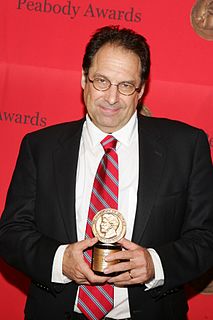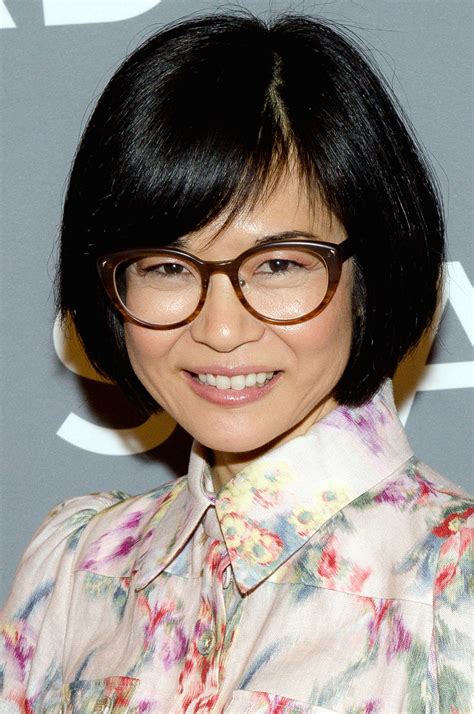A Quote by Molly Antopol
With the Israel stories, it was for me the most surprising way the title would fit in. I kept thinking about, for a lot of my Israeli characters, what it was like to inherit such a complicated and symbiotic relationship to America and to feel how tangled that is, and it's nothing that they chose to do themselves.
Related Quotes
I definitely have a strong sense of my Jewish and Israeli identity. I did my two year military service, I was brought up in a very Jewish, Israeli family environment, so of course my heritage is very important to me. I want people to have a good impression of Israel. I don't feel like I'm an ambassador for my country, but I do talk about Israel a lot - I enjoy telling people about where I come from and my religion.
I'm not Israeli and because I'm not a citizen, it doesn't matter how often I go there - I'm still not Israeli. There's this way I feel so close to so many people there, but I always feel like I'm staring through the glass. And in a way, having this really thin piece of glass between me and this place is incredibly useful for me as a writer, because I'm just so hyper-aware of it. I could take a walk in San Francisco and probably notice a third of the things that I would notice in Israel, because I'm just attuned to everything when I'm there.
I have always liked kind of outsider characters. In the movies I grew up liking, you had more complicated characters. I don't mean that in a way that makes us better or anything. I just seem to like characters who don't really fit into. You always hear that from the studio: "You have to be able to root for them, they have to be likeable, and the audience has to be able to see themselves in the characters." I feel that's not necessarily true. As long as the character has some type of goal or outlook on the world, or perspective, you can follow that story.
So whom does God wrong in commanding the destruction of the Canaanites? Not the Canaanite adults, for they were corrupt and deserving of judgment. Not the children, for they inherit eternal life. So who is wronged? Ironically, I think the most difficult part of this whole debate is the apparent wrong done to the Israeli soldiers themselves. Can you imagine what it would be like to have to break into some house and kill a terrified woman and her children? The brutalising effect on these Israeli soldiers is disturbing.
I was thinking about framing, and how so much of what we think about our lives and our personal histories revolves around how we frame it. The lens we see it through, or the way we tell our own stories. We mythologize ourselves. So I was thinking about Persephone's story, and how different it would be if you told it only from the perspective of Hades. Same story, but it would probably be unrecognizable. Demeter's would be about loss and devastation. Hades's would be about love.
Another longstanding foreign policy flaw is the degree to which special interests dictate the way in which the "national interest" as a whole is defined and pursued.... America's important historic relationship with Israel has often led foreign policy decision-makers to defer reflexively to Israeli security assessments, and to replicate Israeli tactics, which, as the war in Lebanon last summer demonstrated, can turn out to be counter-productive.
I'm mostly interested in characters and how they manifest themselves in their relationships. I'm delighted that people relate to the characters in 'Bojack,' and hopefully they will too to the characters in 'Undone.' If they understand themselves or feel seen in a new way, I think that's a wonderful thing.
I do get a little disheartened when you hear about how many girls get discouraged to not pursue a career in the sciences, and I feel like seeing women that are portrayed in this way - and beyond that, just three dimensional, complicated women - those are always going to be the stories that I gravitate to most.




































